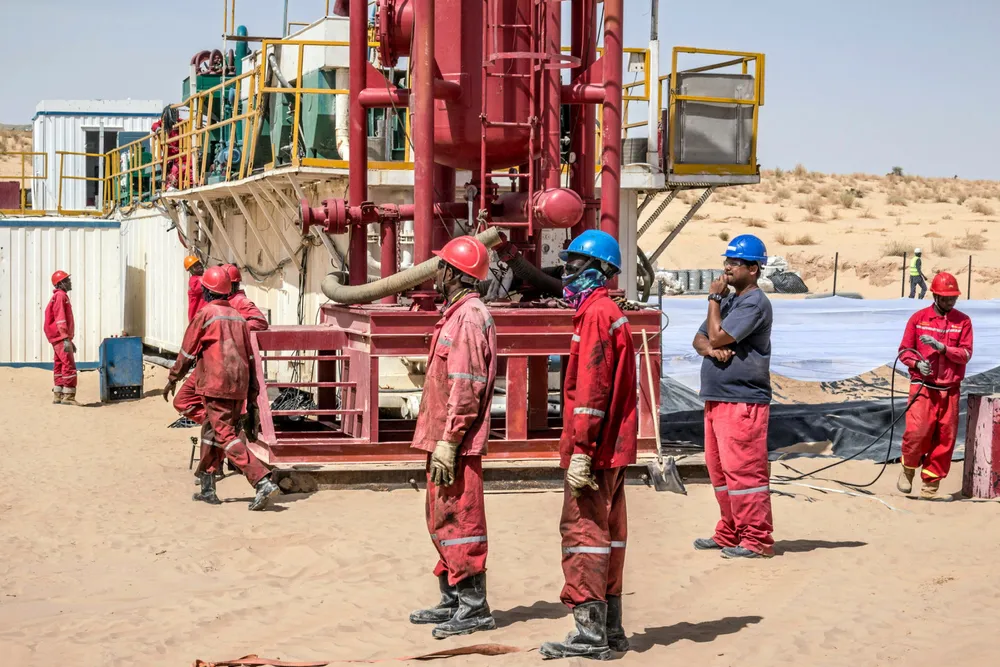'We have to decarbonise': Dril-Quip chief sees opportunity in cutting emissions and costs
Oilfield services companies must juggle current business while helping with the energy transition, DeBerry says

Oilfield services companies must juggle current business while helping with the energy transition, DeBerry says
